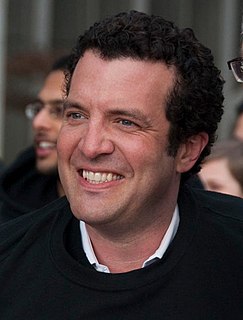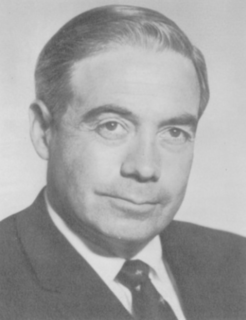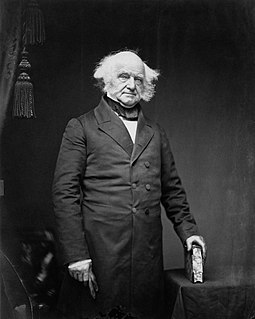A Quote by Carl Hart
The listening community has the obligation of distinguishing informed opinion from tweets.
Related Quotes
I think when Justin Trudeau tweets - and Justin Trudeau tweets just like Donald Trump tweets. He occasionally just tweets things. And when he tweets that we're welcoming everyone, I mean, we're not a utopia for immigration as well. I mean, we have all sorts of issues that are very similar to the United States.
I think every leader has an obligation - the absolute obligation - to treat everyone fairly. But they also have the obligation to treat everyone differently. Because people aren't all the same, and the last thing you ever want to do, in my opinion, is let the best in your organization be treated like the worst in your organization. It does nothing for your future.
True discernment means not only distinguishing the right from the wrong; it means distinguishing the primary from the secondary, the essential from the indifferent, and the permanent from the transient. And, yes, it means distinguishing between the good and the better, and even between the better and the best.
I want to tell every fan that I appreciate them with a retweet or reply but I don't want my account to lose my own tweets. I don't my fans to have to go through a bunch of replies to get to my own tweets right? In the big picture though I do read all of the tweets and I appreciate all of my followers and my fans.




































